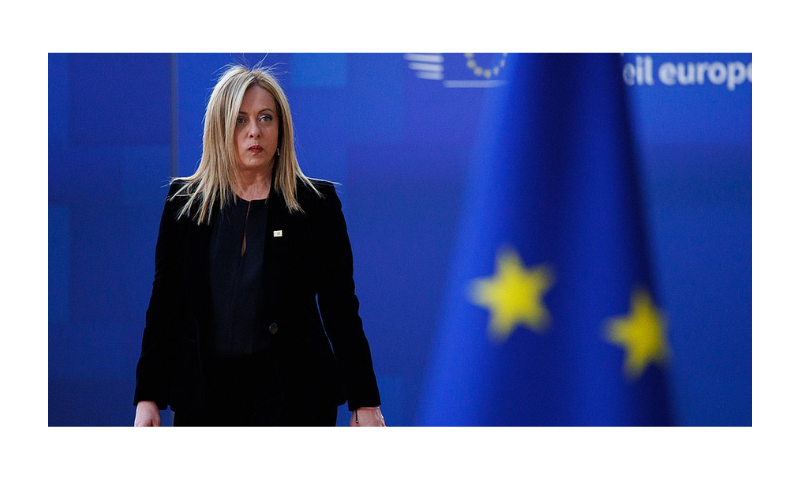John Lloyd
Quillette, May 27, 2023
“New Right policies are substantially the same wherever they attract support—opposition to the EU, distrust of globalisation and corporations, dislike of mass and illegal immigration, support for families and local communities, aversion to the “woke” phenomenon and to cancel culture (at least when it is employed against the Right), and wariness of the claims of LGBTQ lobbies.”
Within democratic states, a battle is being fought over the meaning of conservatism. A populist attack on the prevailing liberal consensus is being led by insurgent nationalist parties with a counter-liberal ideology hostile to—or at least deeply suspicious of—free trade, mass immigration and multiculturalism, foreign intervention, and supranational organisations and bodies, including the EU. Although their nationalist rhetoric, and their emphasis on family values and the importance of tradition, place these parties on the cultural Right, their rhetoric on economics and class draws on the legacy of the Old Left. As a result, they have been drawing support from working- and lower-middle-class constituents, some of whom have voted for social-democratic, socialist, and even communist parties for generations.
For the time being, the insurgents are—for the most part—winning. This is a potentially consequential shift at a time when established political commitments everywhere are facing disruption. In the Swedish and Italian elections last September, the New Right won significant victories. In Italy, they became the government, and Giorgia Meloni, founder and leader of the Fratelli d’Italia, was installed as prime minister. The Sweden Democrats, meanwhile, until then shunned by all other parties in a state usually governed by social democrats, became the largest party on the Right. By agreement, they took no ministries, but they were put in effective charge of immigration and law and order policies, which had been critical to their electoral success.
” .… [To read the full article, click here]


